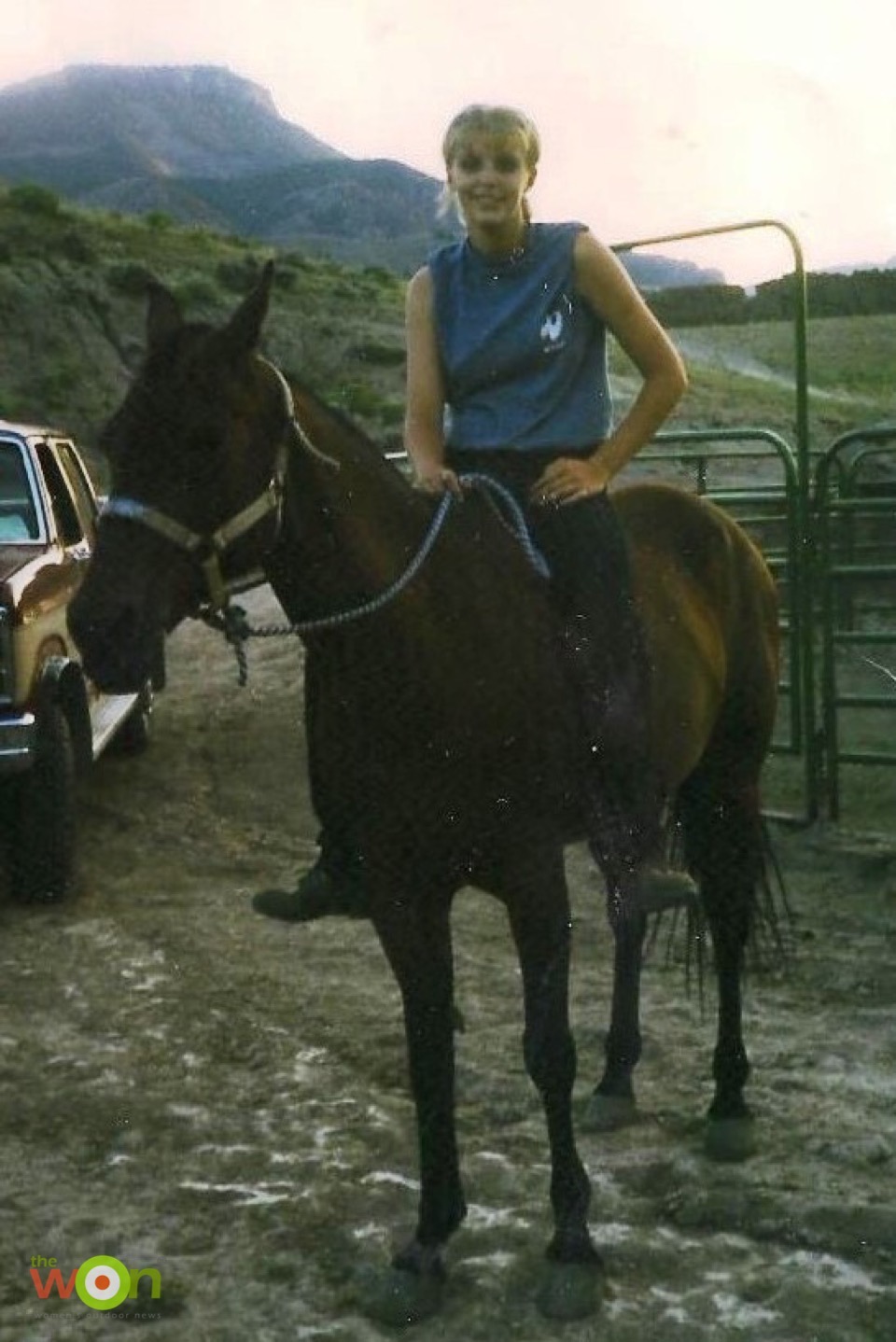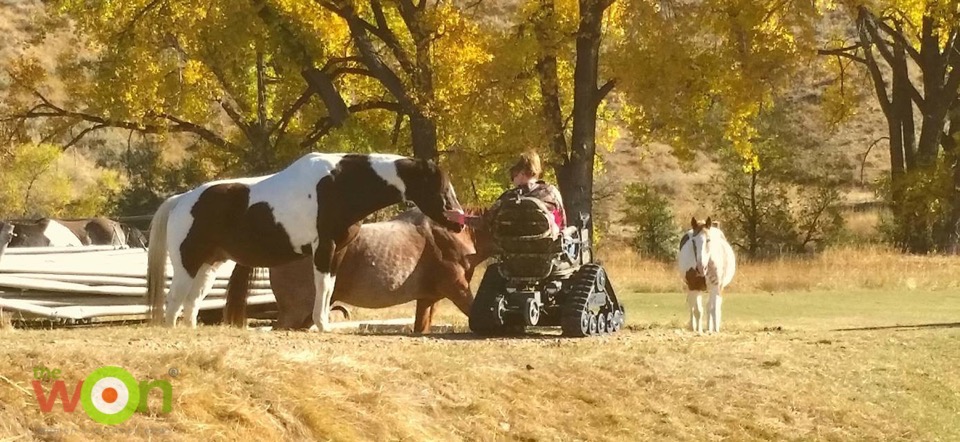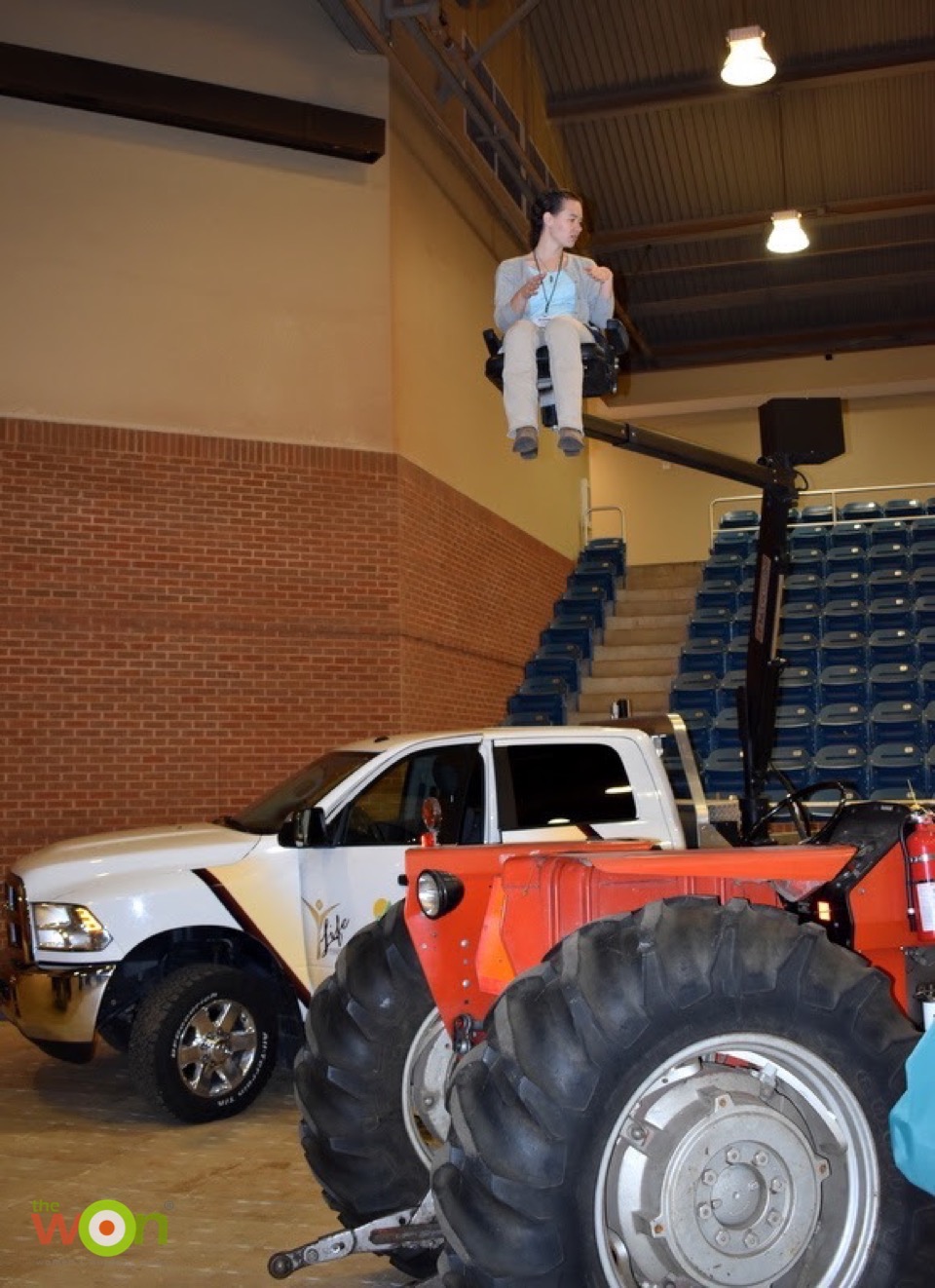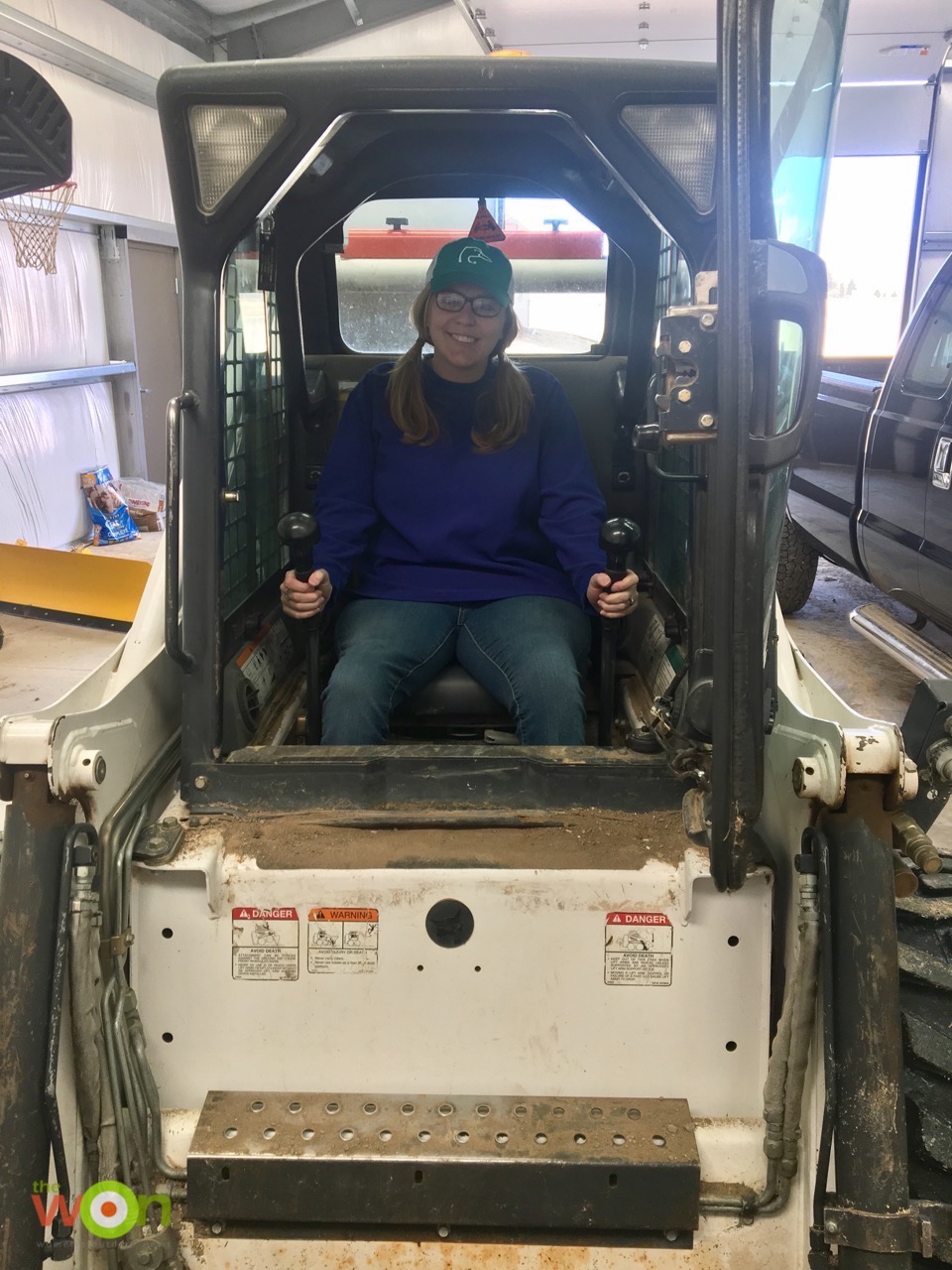In March I spoke at the AgrAbility National Training Workshop in Knoxville, Tennesee. AgrAbility is a program whose mission is “to enhance quality of life for farmers, ranchers, and other agricultural workers with disabilities, so that they, their families, and their communities continue to succeed in rural America.” AgrAbility fulfills this vision by developing educational programs, encouraging networking to facilitate information sharing, and providing direct services to agriculture workers.
My injury occurred on a ranch in 1999, so I know firsthand how easy it is for accidents to happen in agriculture. According to the Bureau of Labor Statistics, work-related injuries in agriculture are on the rise, and many of them affect women.
Fatal injuries in farming, fishing, and forestry occupations increased 10 percent in 2015 to 284 fatalities—the highest level reported for that occupational group in 7 years. Fatalities among agricultural workers rose to 180, an increase of 22 percent from the 148 cases reported in 2014. Farmworkers and laborers involved in crop, nursery, and greenhouse operations recorded 106 fatalities, an increase of 33 percent from 2014 and matched highest total ever reported (in 2010) for that occupational group.

Ashlee interacting with horses before her accident.
Once you realize that a disability can drastically alter your life in a split second, it is easy to see why so many believe that returning to life as a rancher or farmer would be impossible. Fortunately, programs like AgrAbility are showing people that not only can you continue in your profession, but you can also find healing and peace in your continued work.
When trying to get back to the ag job or pastime you love, reliving the accident or injury is often the hardest part. Your garden, your animals, your equipment, your land; things that once brought you fulfillment can quickly turn to angst. For me, my love for horses and the outdoor lifestyle made it impossible to give up, but it wasn’t without its stressors and mental anxiety. In the end, I knew ranching was something I needed in my life, and I forced myself to ease back into it.
Many times, financial hardship compels the return. When farming and ranching are the only life you’ve ever known, taking time to retrain in a new profession seems daunting, especially if you were working your own land. Waking up every morning and seeing firsthand what you are missing can be an incredible motivation to face your fears and at least attempt a return to a life you loved. Once you wrap your mind around getting back in the saddle, it’s time to figure out the logistics.

Ashlee with her horses now.
As with other outdoor professions, agriculture is a physical job, which makes returning to it after a disability especially daunting. A century ago, a woman would have used rope, sweat and dogged determination to rig something that worked in order to provide for her family. These days, technology has advanced to allow for more options to not only get the job done, but make you more efficient in the process.

Adaptive equipment lifts on site at the AgrAbility conference. (Photo by National AgrAbility Project)
At the AgrAbility conference, I saw everything from all-terrain vehicles to traverse the land, unmanned aerial systems (drones) to check your herds, crops and fence, and hitch systems that connect to implements without the need to leave the tractor. Men and women from across the country were given the opportunity to learn about adaptive equipment made especially for their needs as people with disabilities in the ag world. An accident or diagnosis doesn’t have to mean the end of your life as a rancher or farmer; it does mean that in order to continue on, you will need to find the strength to adapt and research the equipment that will make that possible.
After spending several days with the folks at the AgrAbility conference, I was given the opportunity to share my story. As I usually do, I told the audience about my ranching accident and the lessons I have learned on my journey throughout my redefined life. When I was done, I opened it up for questions, and I was also able to stick around afterward to continue discussion with many of the attendees.
I am continually amazed by the power of a shared connection. I sat with one woman for a while and discussed our love for hunting and fishing, regardless of our physical abilities. Another woman approached me and told me that she was a case worker for several women who she knew wanted to continue a life in ag; we shared contact information and I look forward to hearing from them.

Ashlee can use our Bobcat by utilizing the hand controls and using a stick to operate the foot controls
With more people participating in the “field to fork” movement every day, agriculture is more important than ever. It may seem like a fad to some, but farmers, ranchers, hunters and fishermen have been doing it for centuries, and we need to give everyone the opportunity to continue this amazing lifestyle, regardless of an accident or injury. There is great healing to be found in the outdoors, and I am so thankful that I was given another chance to experience it after my accident. Whether you need to face your fears, research adapted options, or share your personal experiences with others who need to be encouraged, do whatever it takes to get back in the saddle. I promise that you won’t regret it.
Ashlee Lundvall writes a blog titled "Redefining Life," that follows her rise from a debilitating injury as a teenager to Ms. Wheelchair USA in 2013. Her first book, "A Redefined Life," was published in February of 2016, and she is on National Pro Staff for Mossy Oak and the NRA’s Disabled Shooting Sports committee. Ashlee is also the recipient of the 2017 SCI Foundation Pathfinder Award. Ashlee truly shines as a keynote speaker at outdoor industry and disability related events and conferences. She is passionate about mentoring newly injured patients, and loves to pass on her love for adapted outdoor recreation! View all posts by Ashlee Lundvall